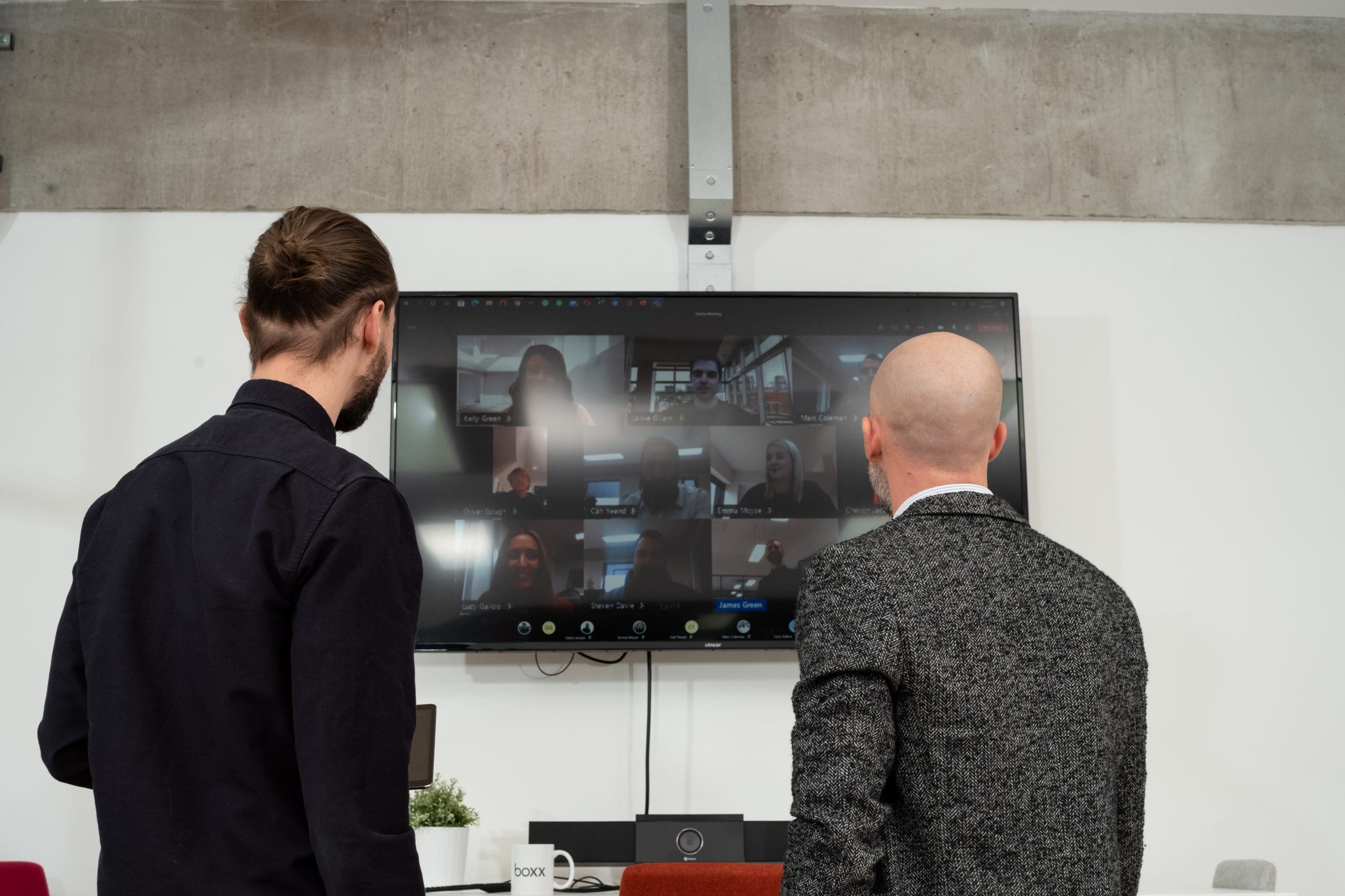The term ‘hybrid working’ seems to be the latest buzzword to follow the ‘unprecedented times’ we all spoke of last year when discussing what the future looks like for office-based working. This new blended approach to where we work is likely to impact most of the working population going forward and is a topic for discussion in businesses across the country.
COVID restrictions have driven that decision of late. Still, in the future, companies may want to offer their staff more flexible working opportunities or may wish to benefit commercially from a reduced number of bodies in the office at any given time. Additionally, workers will have personal preferences about the longer-term future of office-based working and their work/life balance. Inevitably, many will adopt a more flexible approach to the usual nine to five, and research suggests a two/three day split will be a popular choice.
Navigating the new world
Businesses have made giant digital transformation leaps in a relatively short time and have become increasingly reliant on cloud-based applications, collaborative tools and, of course, video calls. The last year has pushed businesses of all sizes towards becoming tech-first, no matter what their industry, and reliance on such technologies is set to continue no matter where the workforce are based.
But with increased use of tech also comes an increase in frustration at underperformance. Whether it be video calls with clients that are buffering or slow speeds of cloud-based business applications such as Microsoft 365, Salesforce, Zoom or Google, these technologies come with high expectations. Our demand for speed and reliability are ever-increasing. We are no longer content with anything less than immediacy and lightning speed.
Not only do these frustrations affect productivity and costs, but they create dissatisfied customers and negatively impact staff. It is unfair to blame the tech giants though when digital tools don’t perform as we have come to expect. Technologies are only as good as the internet connectivity that power them.
Powering the future
The ability to access the internet is no longer considered a luxury. It is a necessity for modern business. The future will hold more video calls, utilise more cloud-based applications and therefore rely even more heavily on internet connectivity.
The infrastructure available in the UK has vastly developed over recent years, and whilst there is still some work to do in some areas of the country. For many, there are a variety of connectivity types available. Luckily, for businesses in Milton Keynes and neighbouring Northampton, access to CityFibre’s independent full-fibre network widens the choice.
Boxx Communications is one of a select number of City Champions across the UK that CityFibre has chosen to partner with, and together want to see the local business community in Milton Keynes thrive through the power of connectivity.
Making the right choice
Businesses should consider three main things when considering a connectivity solution; cost, speed and level of resilience.
Boxx Communications help organisations identify their priorities. The award-winning Milton Keynes-based telephony and internet connectivity supplier proved this in the delivery of the fastest and most resilient CityFibre solution to Milton Keynes University Hospital last year.
However, at the other end of the spectrum, Boxx, in partnership with CityFibre, wants to change the perception that full-fibre internet is prohibitively expensive. Flexible solutions that provide gigabit speeds, but only when needed, cost considerably less than a more traditional full-fibre connection, yet the level of resilience is unrivalled. Perfect for forward-thinking organisations embracing the hybrid working model, whether now or in the future!
For more information visit www.boxxcomms.co.uk













